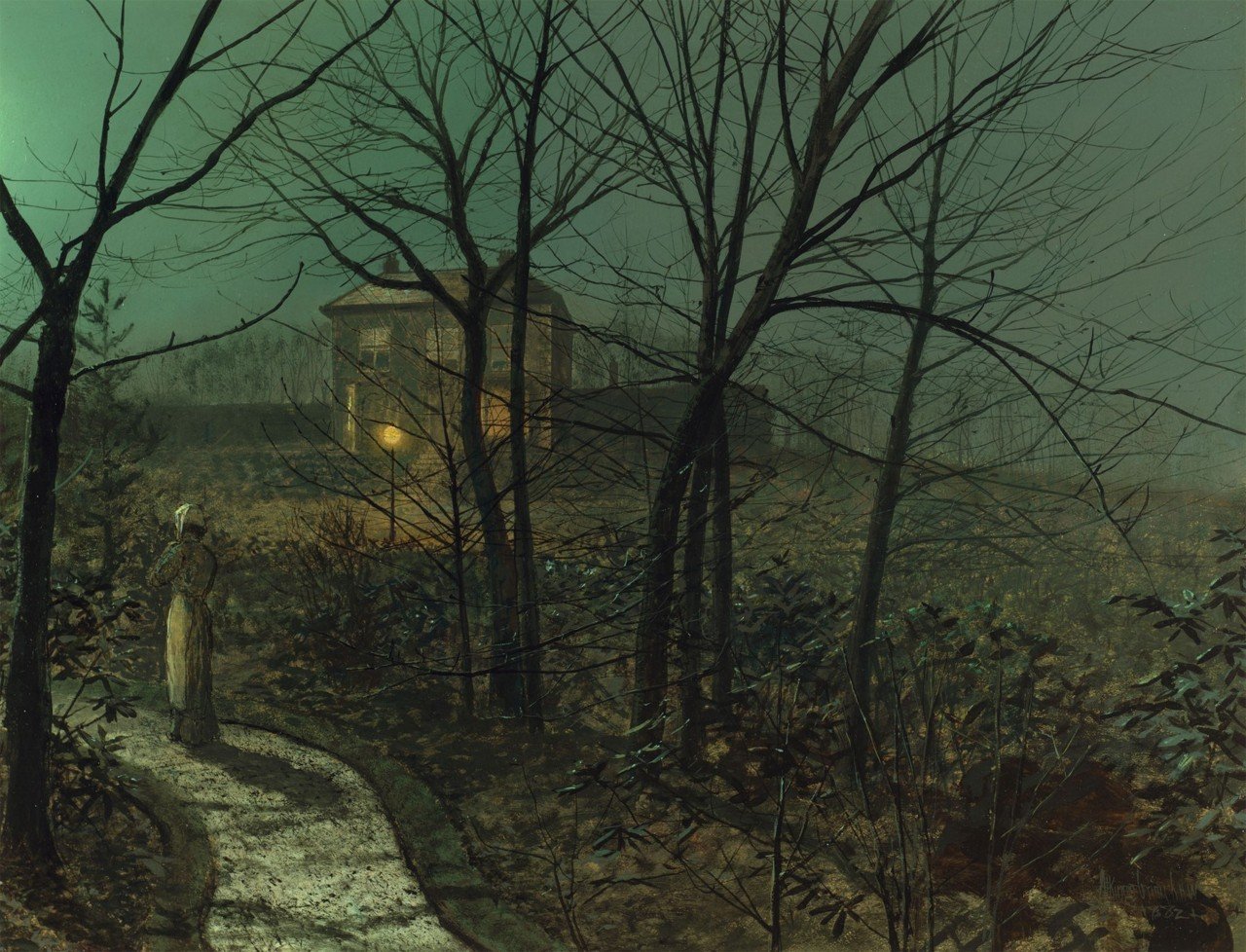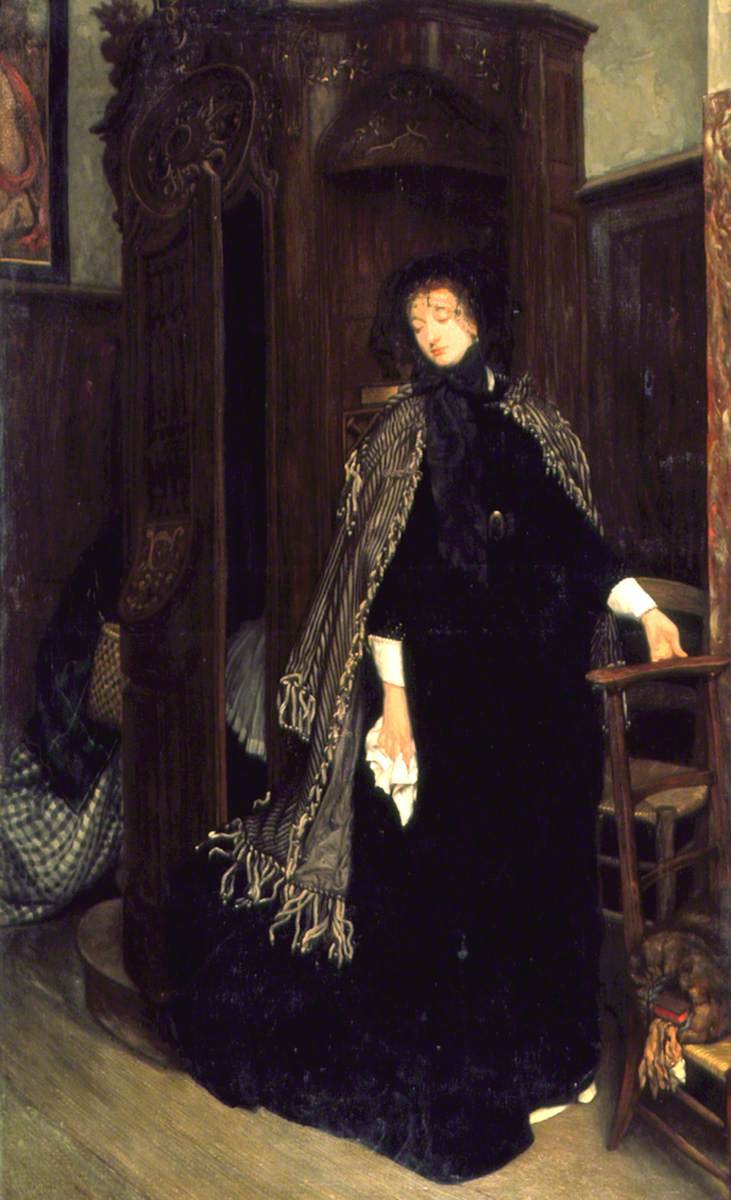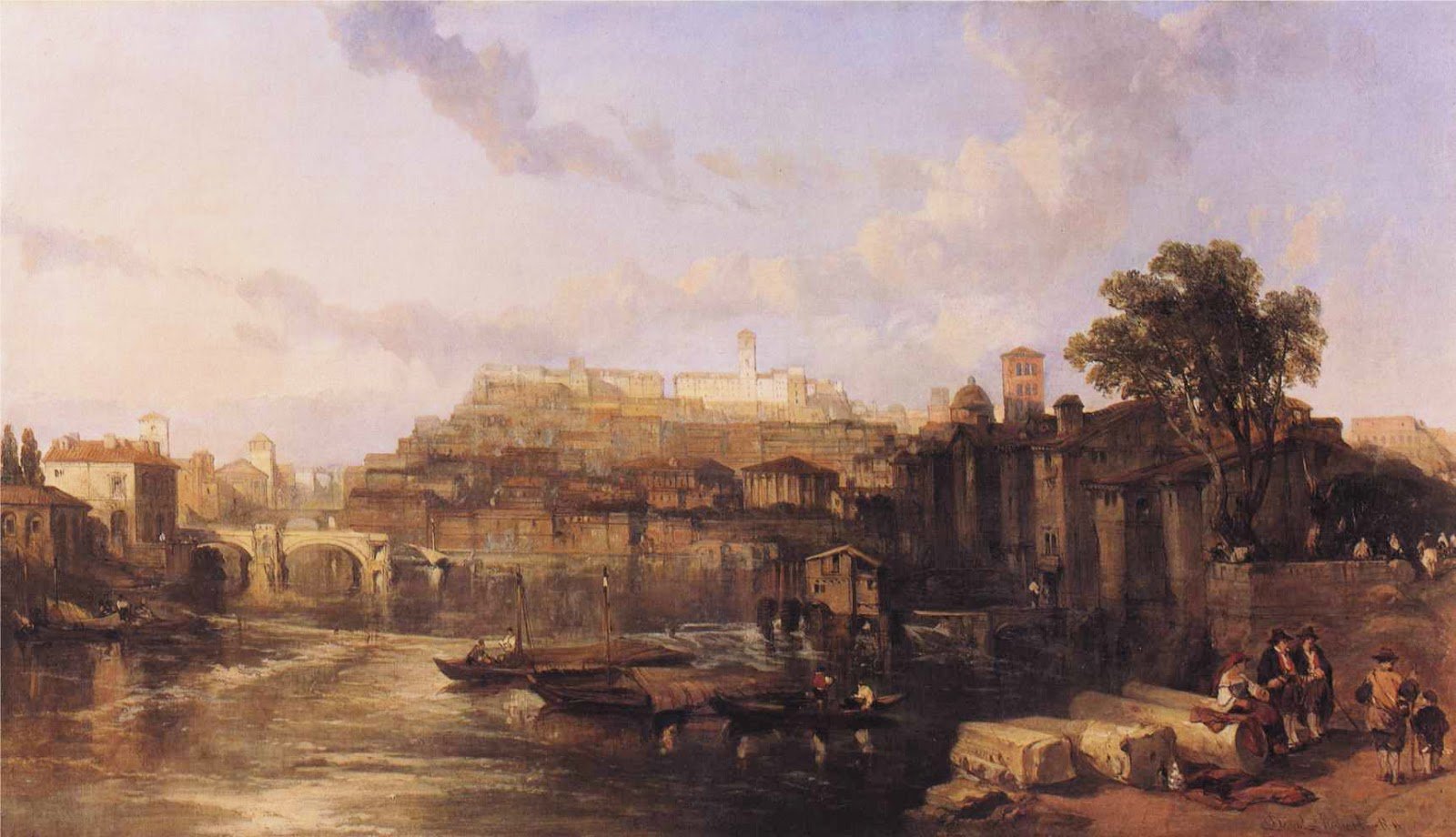Here is another novel by Yonge (see Novels 003, 053, 103, 155, 210) who, in the matter of character delineation, is, I will recklessly assert, the greatest of all novelists ever.
“Miss Yonge has . . . been remarkably successful in sustaining to the end the interest of the story, and we do not often meet with a novel in which it is less easy to predict beforehand what will become of each of the principal characters.” Literary Gazette, November 3, 1860
“The union of a chivalrous sense of honor with a keen perception of the ludicrous, and of dainty literary tastes with strictly High-Church principles, and the fondness alike for practical duties and errant fancies, seem as essential to the character of the author of ‘Hopes and Fears’ as to that of the heroine. Novel readers . . . will find the story full . . . of the same quiet humour and the same high moral principles” as all Yonge’s novels. North American Review, April, 1861
A constrasting view:
“Without the help of a genealogical tree, we are completely at a loss to understand the plot of the story, for we are carried through no less than four generations of one family, and are favoured with the history of all their relations, connexions and friends. Moreover . . . nearly every person mentioned in the book is known by a very unfair number of nicknames, which only makes confusion worse confounded. . . . The moral of the story seems to prove (whether intentionally or not we cannot say) that if children are duly instructed in religious principles, and receive a careful education they will probably turn out good-for-nothing, worthless characters; but if sufficiently neglected . . . there is every hope that they may ultimately become praiseworthy and valuable members of society, even, perhaps, zealous, hard-working High-Church clergymen.” Athenaeum, November 3, 1860
Download this week’s novel:
v.1 https://archive.org/details/hopesfearsorscen01yong
v.2 https://archive.org/details/hopesfearsorscen02yong




















